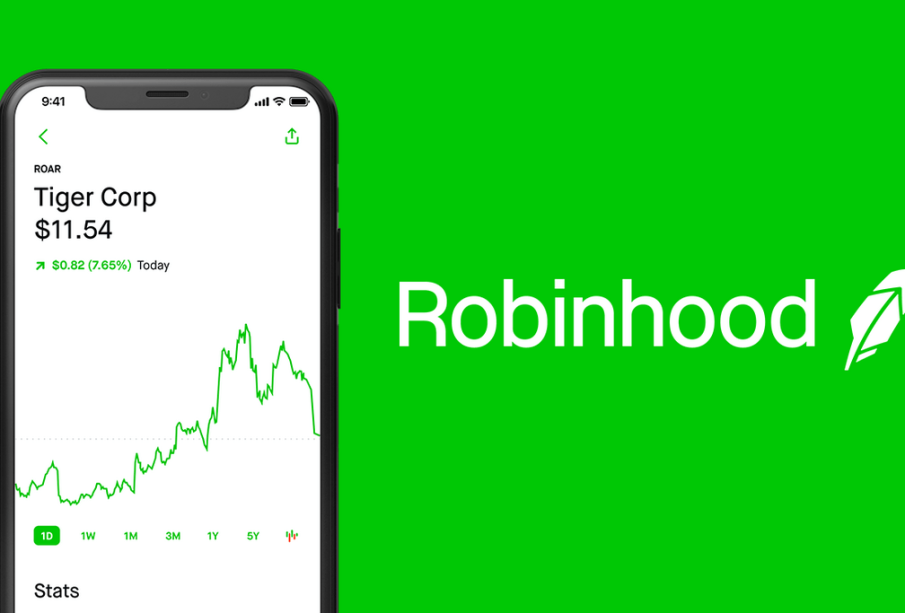In-Depth Review of Robinhood: A Unique Investment Platform

Introduction
Robinhood has emerged as one of the most talked-about investment platforms since its launch in 2013. Known for its commission-free trading model, Robinhood aims to democratize finance for all by making investing accessible to everyone, particularly new investors. As we navigate through an age of technology-driven trading, it is crucial to analyze the pros and cons of platforms like Robinhood, especially in light of recent market fluctuations and user experiences.
Features of Robinhood
Robinhood offers a user-friendly mobile app and website that allows users to trade stocks, options, ETFs, and cryptocurrencies without paying a commission. The platform has several appealing features, including:
- No Minimum Deposits: Users can start trading with small amounts, enabling opportunity for everyone.
- Fractional Shares: Robinhood also allows users to invest in fractional shares, which lowers the barrier for entry into expensive stocks.
- Instant Deposits: Users can trade while waiting for their funds to settle with instant deposits up to a certain amount.
- Cash Management: The platform provides a feature similar to a bank account, offering an opportunity to earn interest on uninvested cash.
Pros and Cons
While Robinhood’s features are attractive to many, there are notable advantages and disadvantages:
Pros
- Easy-to-navigate interface, which is great for beginners.
- Access to a wide range of financial instruments without commission fees.
- Educational resources designed to help new investors.
Cons
- Limited research tools and educational content compared to traditional brokerages.
- Controversies regarding customer service and handling of market volatility.
- Regulatory scrutiny following the GameStop trading incident.
Recent Developments
In recent months, Robinhood has faced growing scrutiny over its business model. Following the sensational rise of meme stocks like GameStop, the platform’s trading restrictions drew significant backlash from users and regulators alike. These events have prompted the company to improve its customer support services and to ensure compliance with regulatory requirements.
Conclusion
Overall, Robinhood is a pioneer in the commission-free trading space, appealing to both new and experienced investors. However, potential users need to weigh the shortcomings against the benefits. The platform’s ease of use and innovative features make it a compelling option for those starting their investment journey. As regulatory challenges and market dynamics continue to evolve, users should stay updated and informed to make the most of their investment opportunities.









